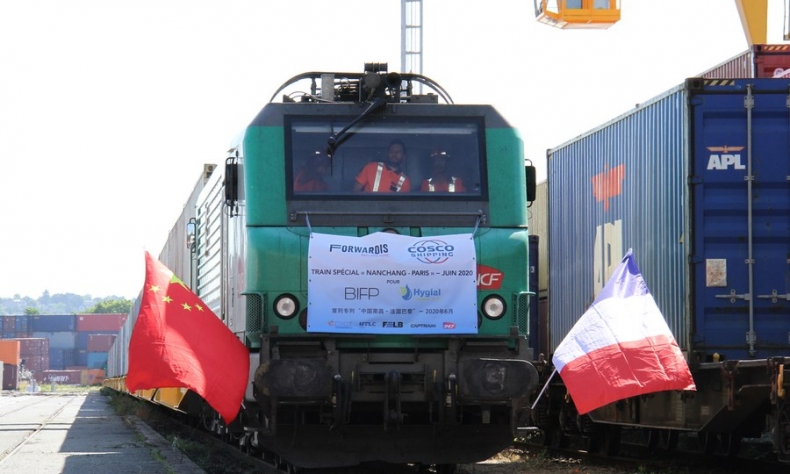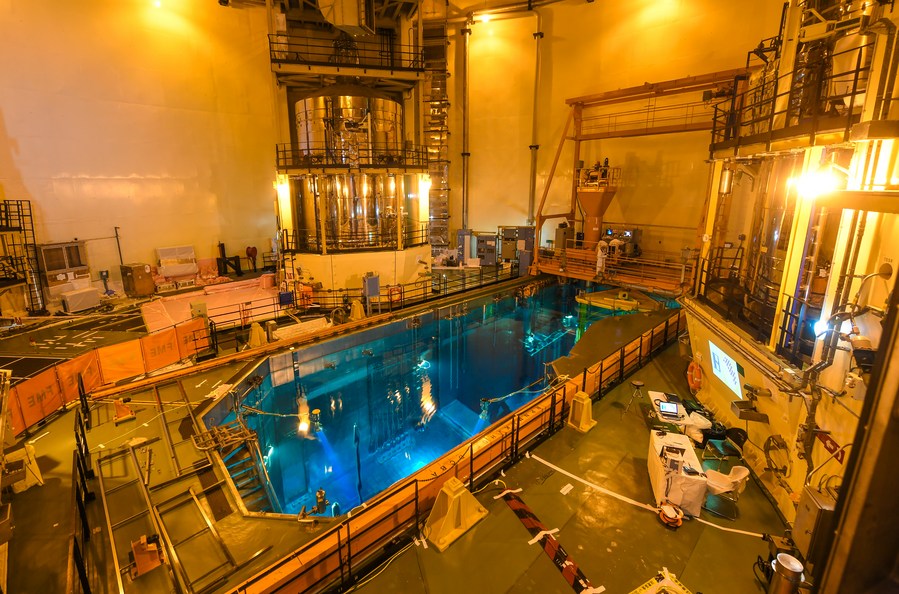The Communication Between Civilizations

Facing the rising of China, the West also needs a spirit of innovation to get rid of its old dogmas to accept the reality as it is and built a renewed international governance.
Editor’s Note: Hervé Machenaud is Chairman of Hongma Consulting Services (Beijing) Ltd, Co., former Executive Vice-President of EDF. This is his speech delivered at China’s Development Blueprint and Global Development Opportunities, Sub-forum of the 5th Hongqiao International Economic Forum and Parallel Symposium on Communication of Civilizations and Vitality of Innovation in November. The article reflects the author’s opinions, and not necessarily the views of China Focus.
Indeed, communication between civilizations has never been more important than today. In the past, most conflicts were between people or nations in the same geography, the same culture, and the same civilization. Since the end of the Cold War, we all thought that we were entering a period of peace and harmony, “the end of history” as written by Francis Fukuyama. As a matter of fact, we have entered an era where for the first time in history, we experience the limit of the world and natural resources. We are in an era where we know everything happening everywhere in the world. It should be the time to realize that the whole world is one boat on which we are one team. It should be the time for cooperation between people and nations to aim at the common well-being of mankind, the time to contribute to the common destiny of mankind.
But as a matter of fact, on the contrary, this feeling of a limited world with limited resources that must be shared, causes anxiety, fears and uncertainties. As often in such an environment, the spontaneous reaction of human beings and nations is to withdraw into themselves. Instead of looking for the best common solution for the common good, more and more countries are choosing to close their doors to protect themselves against the others.
We are in such a situation, the major change in today’s world is the emergence of China on the international stage. It poses economic and cultural challenges to the West. While the West has a black-and-white way of thinking, it looks itself as the reference of the human evolution, the guide for the progress of humanity towards the universal liberal democracy.
As professor Thomas Meyer said, in their minds, modernization means westernization. The West feels it is threatened by a strange civilization which doesn’t intend to assimilate, even more threatened by the fact that many South countries question such statement. Facing the rising of China, the West also needs a spirit of innovation to get rid of its old dogmas to accept the reality as it is and built a renewed international governance. Instead of increasing the divisions, it is time to seize the opportunities of working together on common objectives, such as climate change, terrorism, gender equality, childhood well-being, access to energy, peace, and development of poor countries. And on that subject, we’ll see whether the West will be at the height of answering the question raised by poor countries in the frame of the COP 27 in Egypt.

France and China have a long-term cooperation in the nuclear field. Since the beginning of that cooperation with the construction of the first nuclear plant in Daya Bay, a real partnership was developed where each side was happy to provide its knowledge and experience to the other. Whenever a problem occurs in a plant on one side, both parties try to resolve it together, including by supplying spare parts to the other side. This partnership is based on trust between individuals, companies, and countries. It does produce huge benefits to both sides. If we want to be less selfish, we need to better understand each other, recognize the equal richness of different civilizations, and respect them without ranking them. We must learn and understand each other’s culture and history. To develop cultural exchanges at any level, starting with the young people, we need to resume people-to-people exchanges which have been reduced during the pandemic and to restart as many pragmatic projects and cooperation of mutual benefit as possible.
France, as part of Europe, has a long common history with China and is also the cradle of an ancient civilization. France must make independent voice. And as General De Gaulle did 60 years ago, France should recognize the “the unique greatness of the Chinese civilization and its immense contribution to the development of humanity”. Will France and Europe be strong enough to stand independently and be a third power in a multilateral and cooperative organization of the world? I do hope so and count on the young people to make it real.
 Facebook
Facebook
 Twitter
Twitter
 Linkedin
Linkedin
 Google +
Google +










